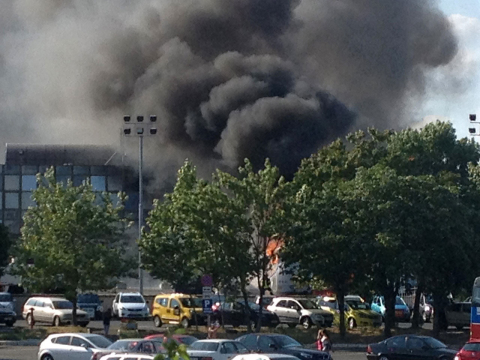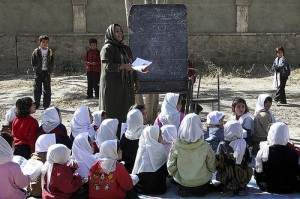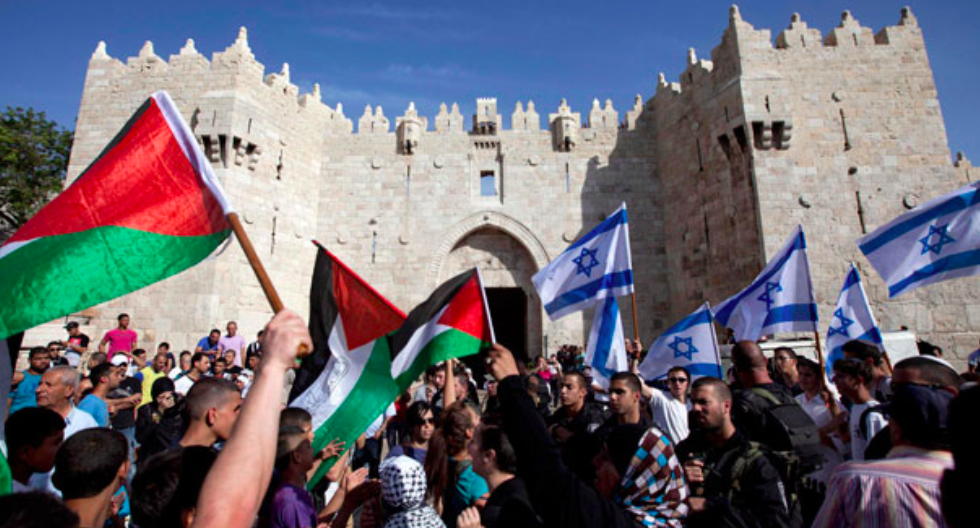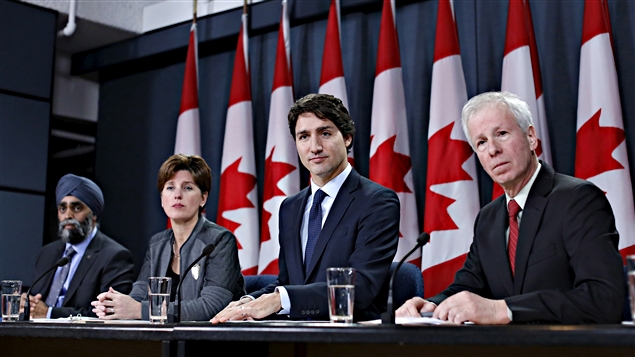(Editors note: this article by Rob Pinfold marks the first in a new partnership between the NCC and the London-based TheRiskyShift, a recently launched project that aims to bridge the gap between academia and journalism.)
Israel must not repeat the mistakes of the past and vindicate terror by retrenching its policy of striking at Hezbollah’s leaders and key operational personnel. Neither should the Jewish State abort its hitherto high-impact, yet covert, attacks on Iran’s headlong rush towards nuclear weapons capability.
[captionpix align=”left” theme=”elegant” width=”320″ imgsrc=” http://www.globalnational.com/uploadedImages/Global_National/WideAngle/BULGARIA-115.jpg?size=sw940″ captiontext=”Iran and Hezbollah are accused of orchestrating the July 18th bombing of bus full of Israeli tourists in Burgas, Bulgaria. “]
On February 12th, 2008, Imad Mughinyah, a master bomb-maker who played a critical operational role in the Lebanese Shia Islamist organisation Hezbollah, perished in a car bomb attack near his Damascus hideout. Since 2010, at least five distinguished Iranian scientists associated with the Islamic Republic’s controversial nuclear programme have been killed in ‘mysterious’ explosions and assassinations.
Though Israel was widely seen as the perpetrator of these incidents, government officials maintained their traditional policy of refusing to publically acknowledge responsibility, whilst hinting heavily that the assassinations served the Jewish State’s national interest.
On Wednesday the 18th of July, 2012, a terrorist detonated his bomb on a bus full of Israeli holidaymakers in Burgas, Bulgaria, killing five Israelis, a Bulgarian bus driver and himself. Israeli Prime Minister, Benjamin Netanyahu was quick to pin the blame on Hezbollah, whom he claimed were operating under Iranian orders, whilst the Pentagon has released a statement to similar effect.
Don’t expect Iran or Hezbollah to publically claim responsibility. Both actors follow similar paradigms to Israel: ‘plausible deniability’ whilst sending a decisive, pugnacious message to a hostile entity. Though Iran’s Foreign Ministry denied the Islamic Republic’s involvement in the bombing, Iranian President Mahmoud Ahmadinejad described the attack as a ‘response’ to Israeli ‘blows against Iran’.
The Burgas bombing was neither unprovoked nor random. Both Hezbollah and Iran have sought to manufacture a reciprocal, retaliatory pattern of violence vis-a-vis Israel in order to discourage further assassinations of their personnel. Indeed, Uzi Arad, a former national security adviser to Netanyahu, described Wednesday’s bombing as ‘Iran’s revenge’.
‘Deterrence’- the art of persuading a hostile actor that the costs of aggressive acts outweigh the benefits, rests primarily on perception and impact. Thus, the latent deterrence capability of a state or non-state actor is undermined by an inability to fulfil promises of retribution. Iran and Hezbollah’s ability to project a deterrence policy has been patently undermined by a flurry of failed attacks against Israeli personnel in India, Thailand, Georgia and Azerbaijan in recent months.
Wednesday’s attack came precisely eighteen years since Hezbollah’s bombing of a Jewish community centre in Buenos Aires, Argentina, which killed eighty-five civilians. Like in Burgas, the Buenos Aires incident constituted a dramatic, bloody reaction to an Israeli targeted assassination of a senior Hezbollah operative. Because of the staggering body count and the precedent set by the Buenos Aires attack in internationalising what was previously a Levant-centric conflict, Israel abandoned surgical strikes on the Hezbollah leadership, fearing further mass-casualty international terrorism.
Thus, Israel’s response to the Buenos Aires atrocity presents a successful manifestation of Hezbollah deterrence potential, vindicating terrorism against distant civilian targets. Hezbollah and Iran’s behaviour in Burgas is the product of hard-headed realist analysis of previous Israeli reactions. In short: killing innocent people altered Israel’s behaviour in Hezbollah’s favour.
Israel must not repeat the mistakes of the past and vindicate terror by retrenching its policy of striking at Hezbollah’s leaders and key operational personnel. Neither should the Jewish State abort its hitherto high-impact, yet covert, attacks on Iran’s headlong rush towards nuclear weapons capability.
Though the deliberate slaughter of six innocent civilians must be unequivocally condemned by the civilised world, when framed within the context of multiple stillborn plots, ‘Iran’s revenge’ hardly represents an unequivocal ‘victory’ for the violent Islamist axis in the Middle-East. Had the Hezbollah operative arrested in Cyprus last week fulfilled his objective of shooting down an Israeli commercial airliner, the impact of hundreds of Israeli civilian deaths would have elicited either a dramatic Israeli recalibration of policy in Iran’s favour, or a devastating military response.
Burgas aside, Israel retains its contemporary superior success record vis-à-vis Hezbollah and Iran in preventing retaliatory attacks whilst simultaneously inflicting casualties on high-ranking hostile officials. The prolonging of this superiority is contingent on an as-of-yet unrealised smart, yet stinging, military response to the atrocity in Bulgaria. Israeli officials must institutionalise the strategic lessons from Buenos Aires; that excessive restraint begets further bloodshed, whilst avoiding the ignition of a regional powder keg and full-blown war with Iran and Hezbollah. Israel is winning the covert war, thus a paradigm shift towards open conflict is premature and counter-productive.
Rob Pinfold holds a degree in Politics and Modern History from the University of Manchester and is currently studying MA Terrorism, Security and Society in the Department of War Studies, King’s College London.




